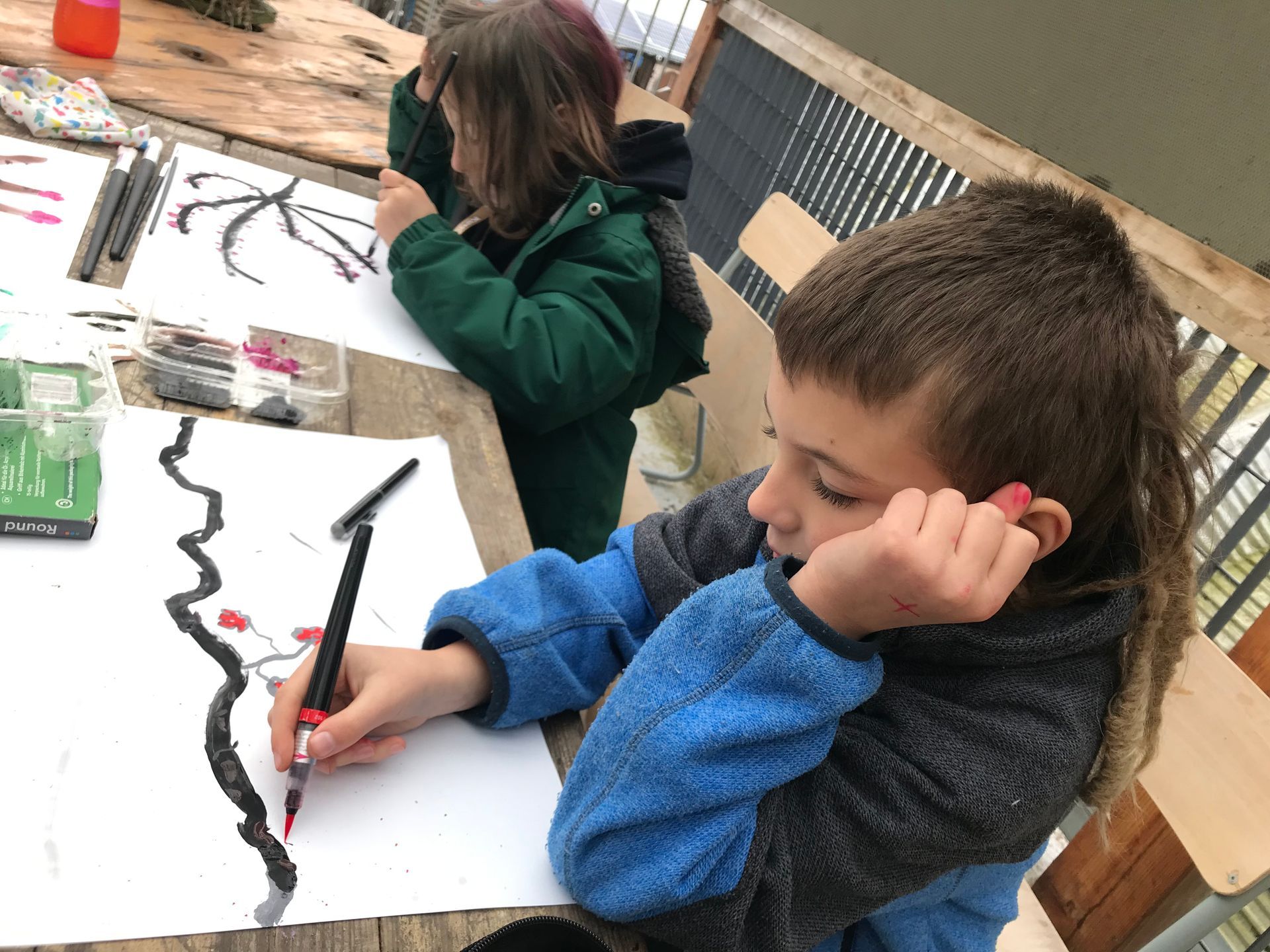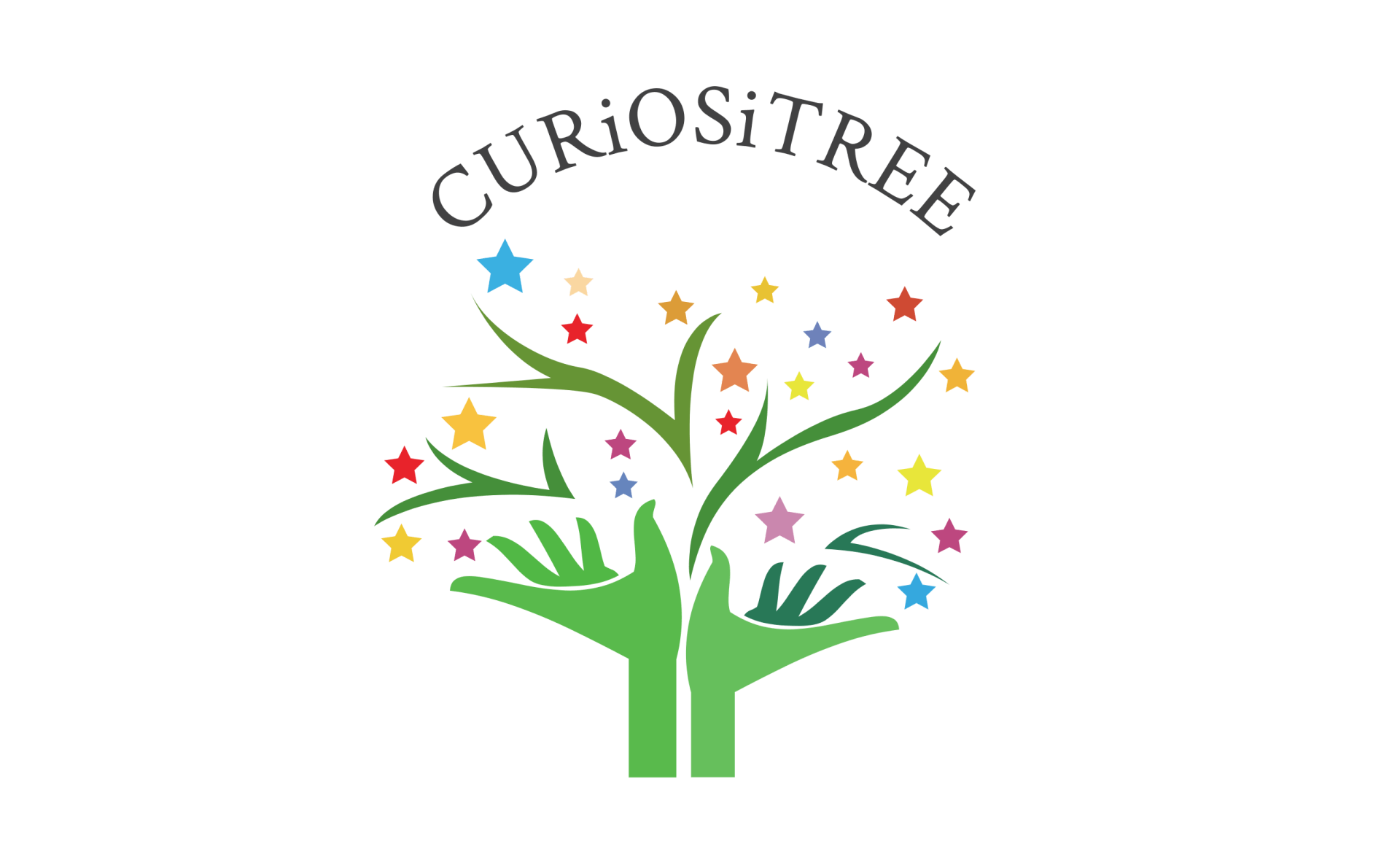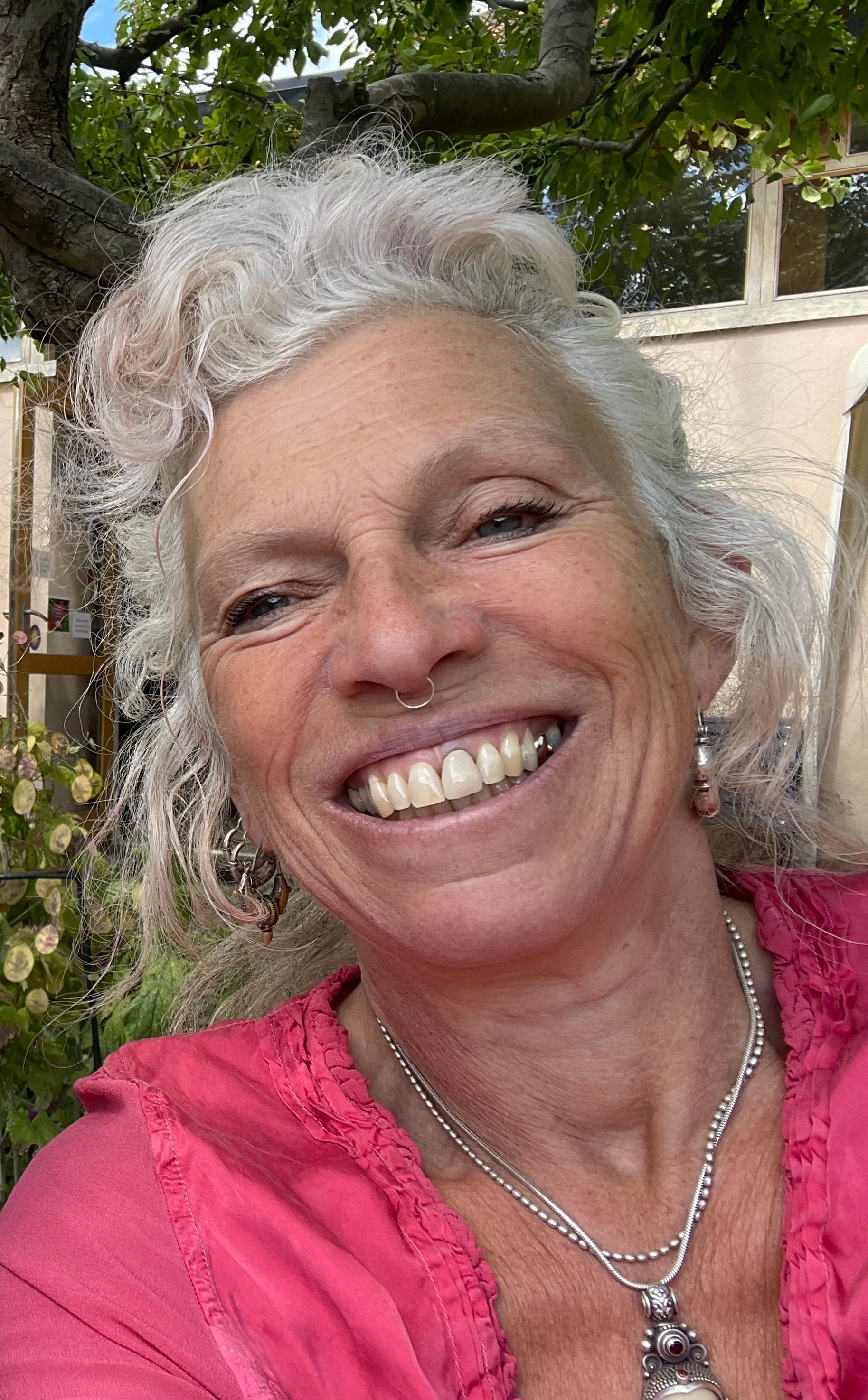
ABOUT ANGELATEACHER, FACILITATOR & FOREST SCHOOL LEADER
Angela Hill BA(Hons) PGCE MA
During 30 years in education I have explored many avenues: from creating schools in our traveling community to mainstream classroom teaching in secondary, primary, special needs and also outside the classroom in circus, drama and Forest School.
Writing, studying, dancing and performing are an important part of my life and community, they keep me feeling inspired, joyful and connected to the buzz of life.
My Master's degree in Education was a challenge and delight for my brain in equal measure. I focused on the effects of a variety of transitions in demographies including: refugees, children in local authority care and young people not in education (NEET - these young people 'disappeared' when education became compulsory until aged 18). Using creative methods of collecting people's thoughts and feelings, for example lego and clay modelling, I teased out the language used to describe their experiences. This created a different way of relating to and 'hearing' participants' voices.
Since 2016 when I received a distinction for this work, the mental health and refugee crisis has worsened dramatically and the need to 'hear' young people and marginalised voices is more acute than ever.
I believe nature and the outdoors is the beginning of the equity we seek on our planet.
The earth belongs to us all and we have a heritage that is based in respect for all living things. We are only a few generations from tending to our crops and animals, appreciating our food and wasting nothing.
All is not lost.
My favourite work is with the natural world and children or adults with additional, specific or non-specific needs - which covers most of us.
As I deepen my understanding of the rich and immeasurable wealth of beauty and wisdom of our Earth the more I feel at peace. I want to share this positivity with others. As much as we are living during a critical existential crisis, I believe our love for the planet is our solution. We can look to the remaining indigenous peoples of the Earth for guidance. Pure and simple, but not easy, but let's get started with the children.
I am interested in creating genuine learning environments that keep playful curiosity at the heart of acquiring knowledge and skills.
Yup - that's it amigas.
Please be encouraged by this utopian work.
🐌 ✊🏾 🐌
Angela Hill
BA(Hons) PGCE MA
ADHD symptoms
Polyvagal Theory
Focus and concentration can be illusive for some people sometimes but when the conditions bring a sense of peace, the nervous system can relax and we can flow into learning or creativity. When there is a sense of safety.
The groundbreaking work of Dr. Stephen Porges on Polyvagal Theory explains the relationship between the autonomic nervous system and social behaviour, and how, depending on whether we feel safe or in danger, our neurology responds and shapes our bodily experience, emotions and thoughts and perceptions.
Whether it is through Japanese art, lighting a fire or showing trust in the child's judgement, the aim is to create an environment where the nervous system can be in flow, there is no threat.
As much as I might like to keep the day on an even keel - that is not realistic. The children say or do things, or life might throw a curveball and trigger a nervous response that leads to into anger, upset or confusion. These are learning opportunities, not easy ones but as precious as the experience of 'flow.' In these moments we learn what we need to come back to an even keel to flow again like water. Is it reassurance, space to cool down, time to talk or some restorative actions that bring a healing? Through these challenges the children develop trust in themselves and each other.

OUTDOOR CLASSROOMS
- Natural lighting
- Low furniture
- Ever changing decoration
- Large learning space
- Healthy bacteria
- Insects
- Trees and flowers

